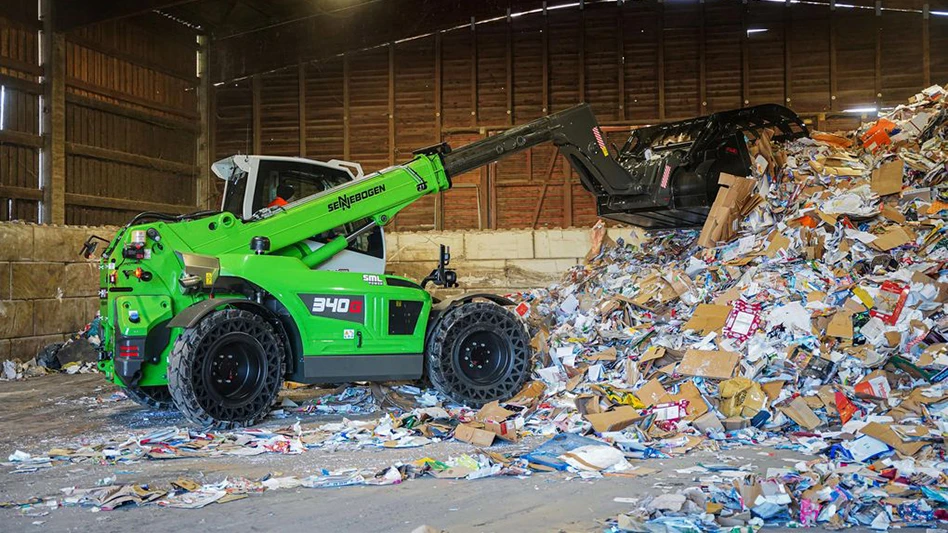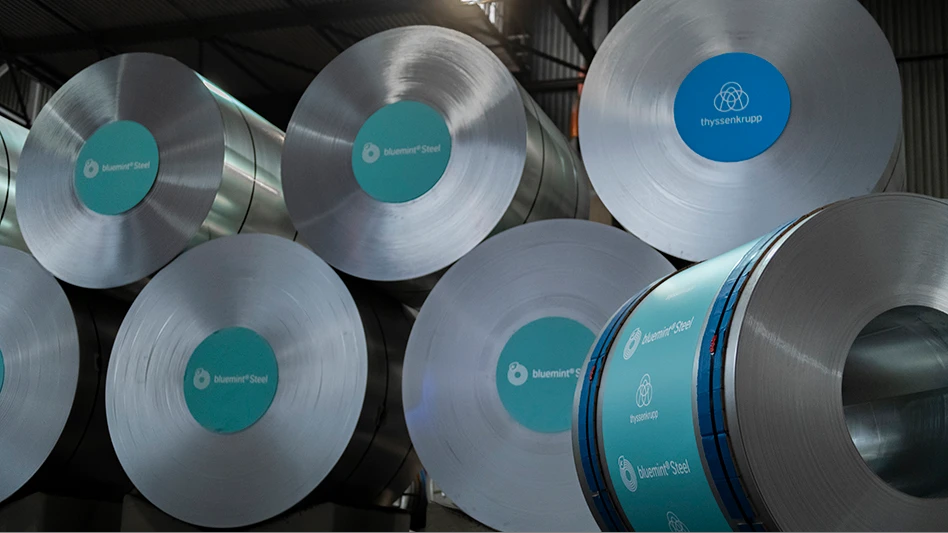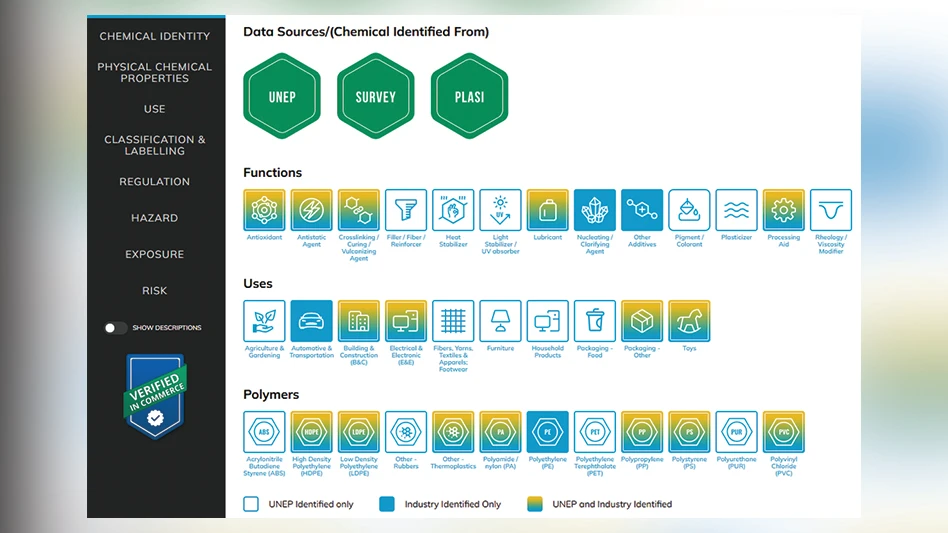|
|
Considering the opportunities recyclers have in front of them with a global focus on sustainability and the high secondary commodity prices they have enjoyed in the past few years, the number of "sky is falling" or "gloom and doom" columns in this space has been kept to a minimum in the recent past. Unfortunately, on the heels of last month's column warning about creeping flow control measures being introduced by local governments, a proposed rule change being introduced by the U.S. Environmental Protection Agency (EPA) prompts a second straight column expressing cause for concern for private sector recycling companies. The proposed new definition attempts to extend regulations meant for hazardous waste recycling to the recycling of scrap metal, shredded computer boards and possibly other similar materials that the scrap recycling industry has proven adept at handling. The trouble looming was spelled out by ISRI (Institute of Scrap Recycling Industries Inc.) Chairman John Sacco at an ISRI Northern Ohio Chapter function near Cleveland in mid-October. (See "War of Words," starting on p. 84 of this issue.) Sacco, who also is president of Sierra Recycling & Demolition Inc., Bakersfield, Calif., flew across the country to tell attendees if the proposed rule is finalized as currently written, they could expect, at the least, a burdensome new layer of documentation and paperwork and the possibility of tighter government solid waste district control of recyclable materials. He indicated that the scrap recycling industry, by ISRI's own estimates, could face a combined compliance and lost business cost of $1.2 billion from the rule change. The rule as printed in the July 22, 2011, Federal Register starts off by asking, "Does this action apply to me?" and answers its own question by listing several business segments in the affirmative. These sectors include: "plastics material and resin manufacturing; iron and steel mills; secondary smelting, refining and alloying of nonferrous metal (except copper, aluminum); and miscellaneous fabricated metal product manufacturing." As described by attorney Peter J. McGrath in the October edition of Recycling Today ("Waste Redefined," starting on page 72), the proposed rule "encourages recycling by excluding or exempting certain secondary materials from the definition of solid waste under the Resource Conservation and Recovery Act (RCRA), which takes materials out of the often burdensome RCRA regime." But ISRI's staff sees more paperwork looming, not less. ISRI has long led a campaign to let elected officials, regulators and the public know that "Scrap is not waste," using that very slogan. With logic on ISRI's side—materials that have a value, that are traded internationally and that are not going to a landfill are clearly not waste—it is unfortunate that a new generation of regulators must be reminded of this distinction. |

Explore the November 2011 Issue
Check out more from this issue and find your next story to read.
Latest from Recycling Today
- Harsco brands slag-content asphalt as SteelPhalt
- ArcelorMittal puts French EAF conversions on hold
- Associations ask for effective EPR to drive textile circularity in Europe
- GESA report claims 72 countries recycled EPS in 2023
- Report: Saica exploring recycled paper mill project in Dayton, Ohio
- Hydro’s Alumetal to meet 15 percent of its energy demands through solar
- CSA Group publishes standard defining plastics recycling in Canada
- Second Cyclyx Circularity Center to be located near Fort Worth, Texas






